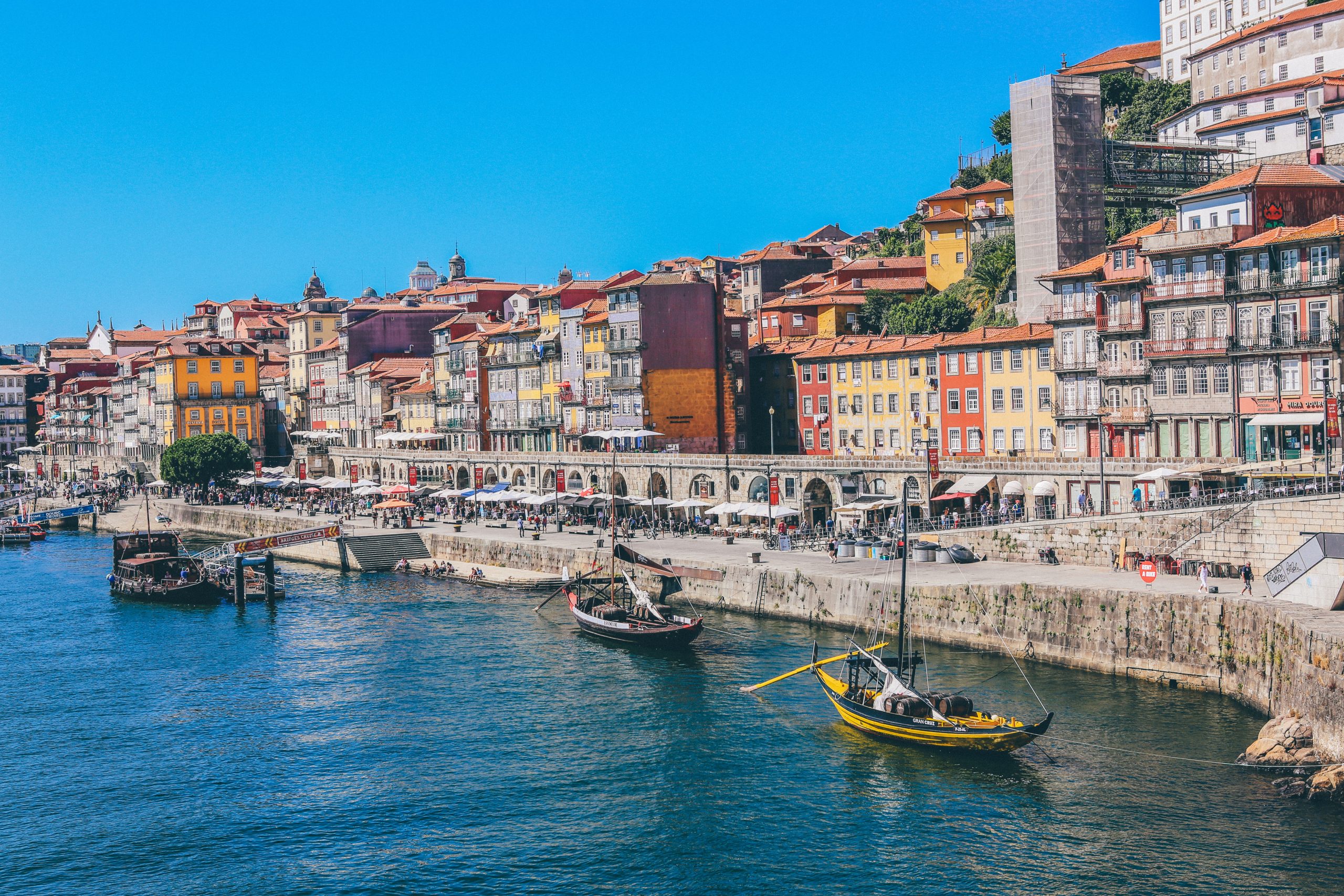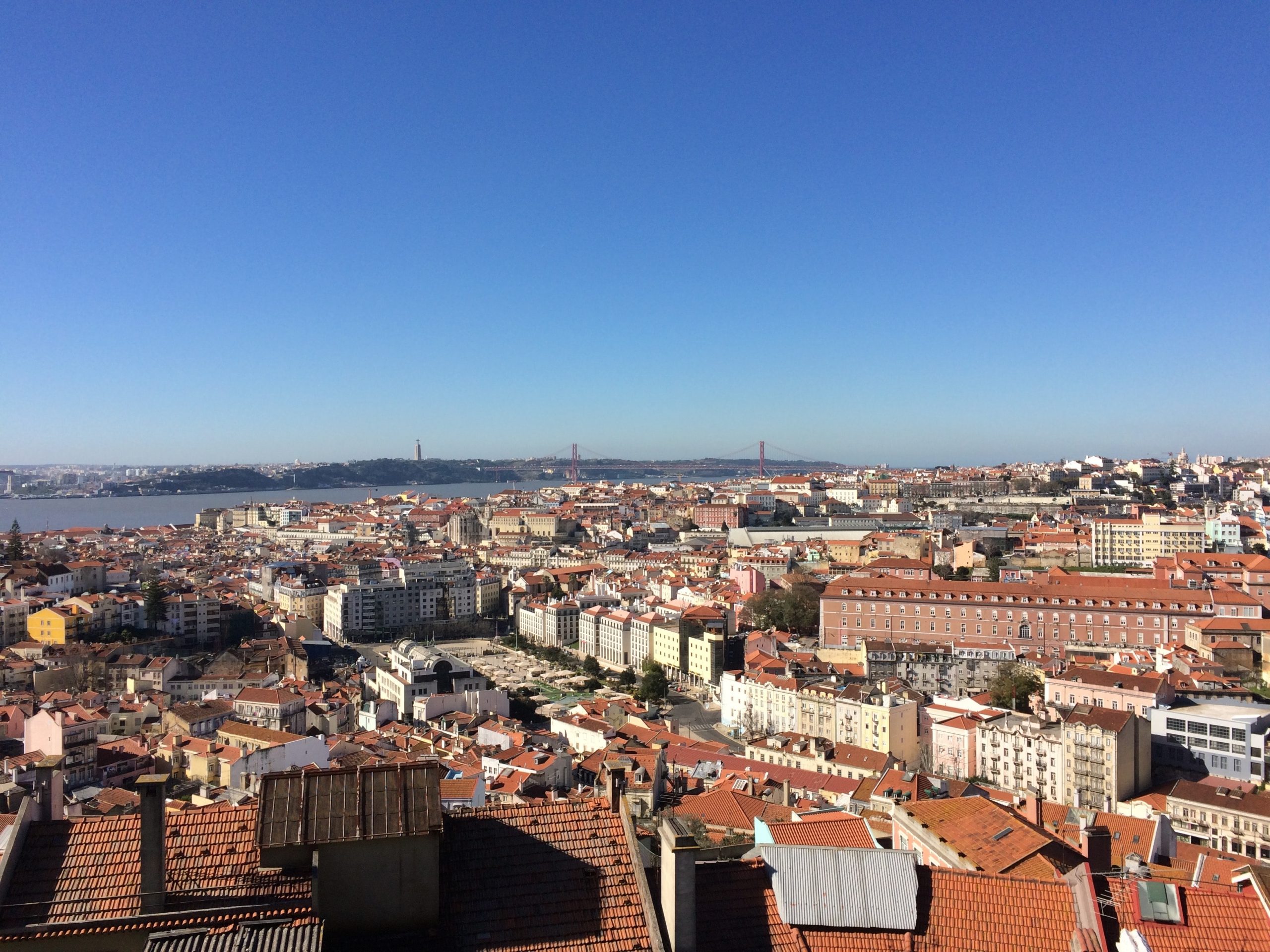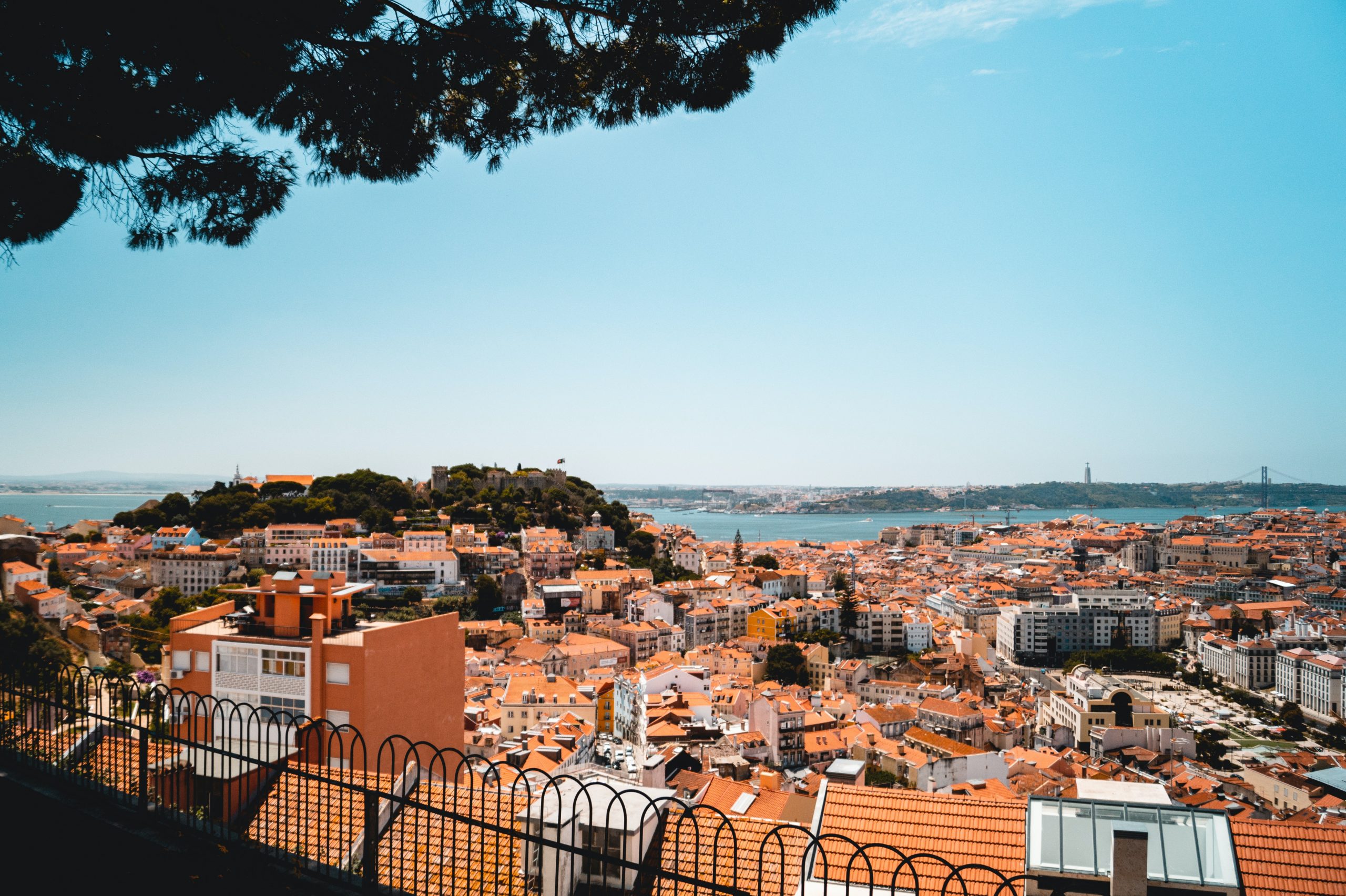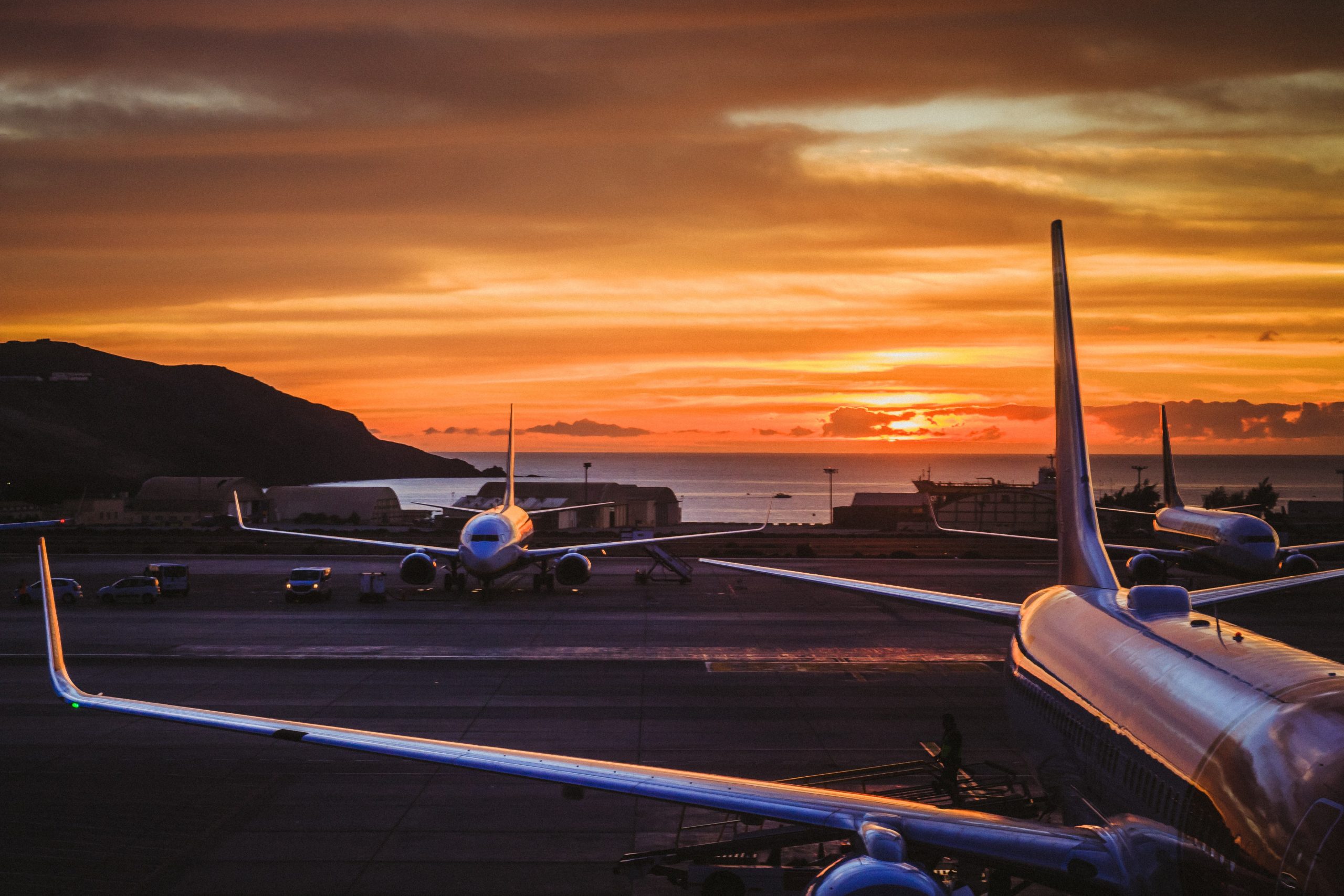In the whirlwind of news about the coronavirus pandemic, it can be hard to distinguish facts from rumors, false reports, and opinions.
This confusion has taken a heavy toll on the tourism industry, which revolves around people and information.
One example is Portugal that has been recently caught up in heated conversations about whether it is a safe destination to visit or not.
Just Google “Portugal tourism” and you will find yourself in the middle of a flood of stories ranging from the country being the best place to visit this summer or it being a failure in bringing the virus under control.
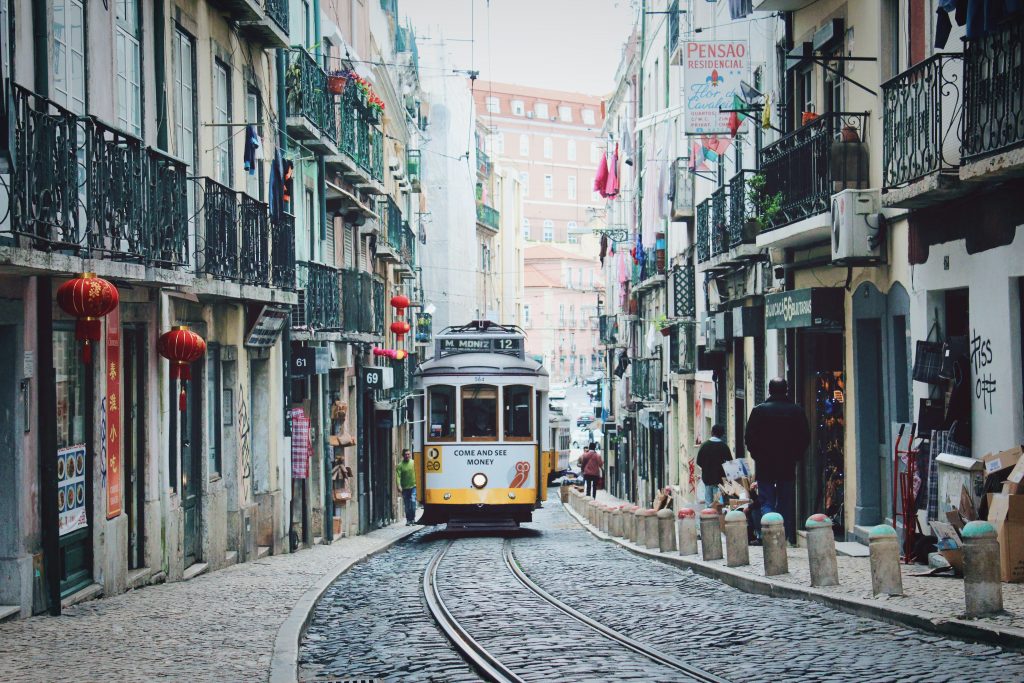
Hot in the news is Portugal’s exclusion from the British government’s list of safe destinations, which means UK holidaymakers are required to quarantine for 14 days on their return.
Portugal says the decision is not supported by facts and has been trying to tell its side of the story.
Amid all this commotion, one reality that cannot be ignored is that no country in the world can claim to have a perfect track record on the COVID-19 outbreak that took everyone off guard.
It will be best if authorities focus on providing transparent data and information that can prevent their individual and collective anti-virus initiatives from slipping into a morass of finger-pointing and uncertainty.
This way, confusion can be avoided and people can decide for themselves where they want to visit or avoid traveling to based on unbiased evidence.
Various Initiatives
In recent days and weeks, Portugal has tried more actively to raise awareness about the various steps it has taken to make the country a safe place for local and foreign tourists.
Its newly launched #CantSkipOpening initiative—which follows the #CantSkipHope campaign—aims to show that Portugal’s arms and borders are open to travelers.
As for social distancing, people in Portugal—like in many other countries around the world—are required to keep a two-meter distance from anyone they do not live with.
Mask-wearing is compulsory on public transport and for people visiting shops, supermarkets, public service buildings, tourist sites, and in settings where people have little choice but to interact in enclosed spaces. Hand sanitizers and floor distance markings are provided where necessary.
All businesses must implement the health and safety measures required by Portugal’s Directorate-General of Health.
Clean & Safe Seal
The Clean & Safe seal created by Turismo de Portugal is another measure meant to give the local community and foreign visitors confidence and peace of mind.
The validation is free and optional, and valid for one year. According to visitportugal.com, it requires the implementation of an internal protocol that guarantees safe procedures for the operation of tourist activities.
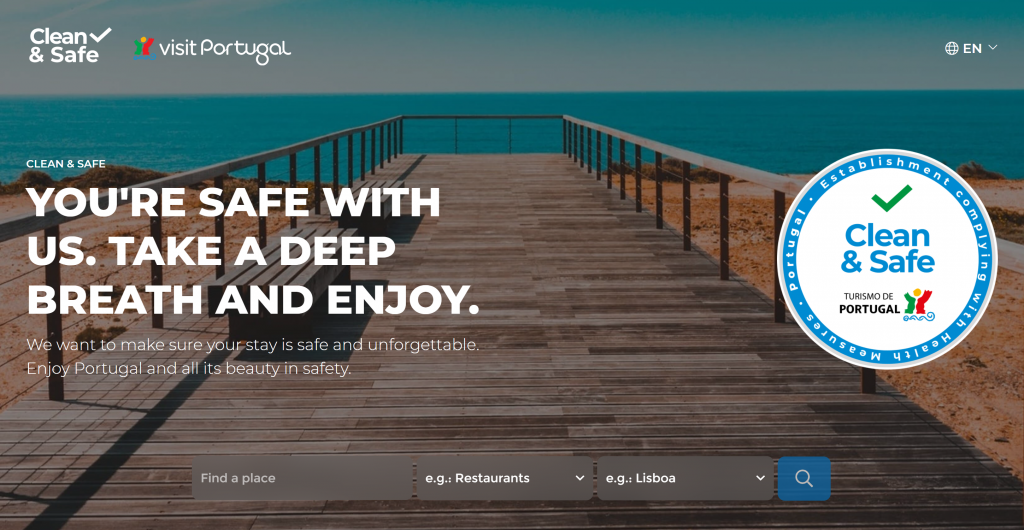
It already has more than 19,000 voluntary memberships from companies and activities in the sector, and over 21,000 people have received the necessary training.
Further information about the Clean & Safe initiative can be found here.
Portugal Health Passport
International visitors to Portugal can download the Portugal Health Passport, an unofficial pass that gives them access to a package of healthcare services at the hospitals and clinics of the largest private health providers in Portugal—CUF, Hospital da Luz, HPA Saúde, and Lusíadas.
The Portuguese government recently considered it essential to apply some contingency rules, including the closing of some commercial units at 8 p.m., the prohibition of large gatherings, and a ban on the sale of alcohol after 8 p.m. to prevent crowds. Hypermarkets such as Continente and Jumbo are open until 10 p.m.
Places to Visit
Almost all beaches are open to those who would like to catch some summer sun on Portugal’s coast. Detailed information about safety rules on beaches can be accessed here.
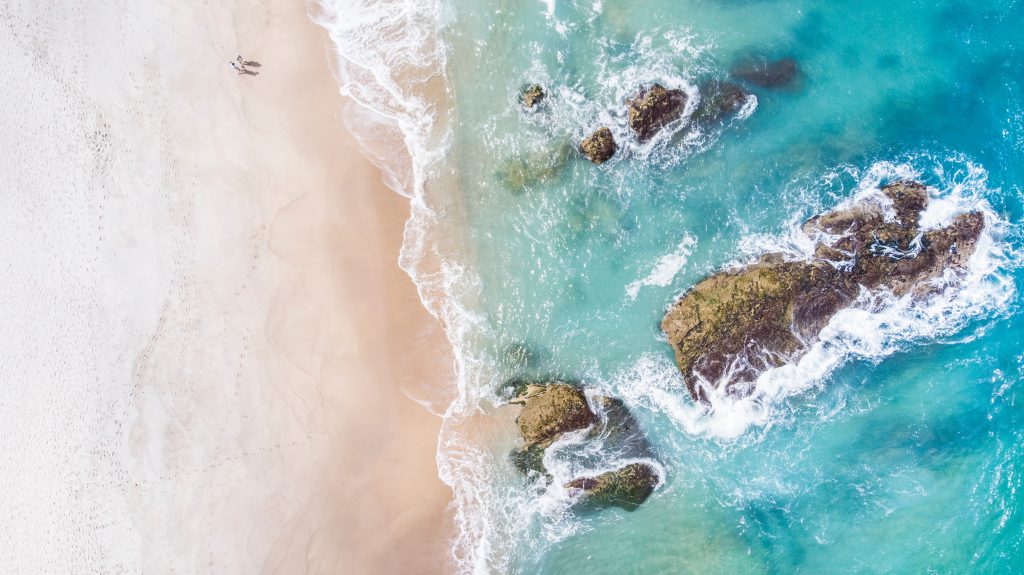
Most museums, cultural facilities, monuments, and other tourist sites are open, and there is no restriction on the movement of residents or tourists.
These attractions include Sanctuary of Christ the King, Cabo da Roca, Torre de Belém, the Praça do Comércio, Castelo de São Jorge, Lisbon Zoo, and Mãe d’Água das Amoreiras Reservoir, which are all popular among tourists.
Discounts are offered at some places based on an initiative launched by the Portuguese Ministry of Culture.
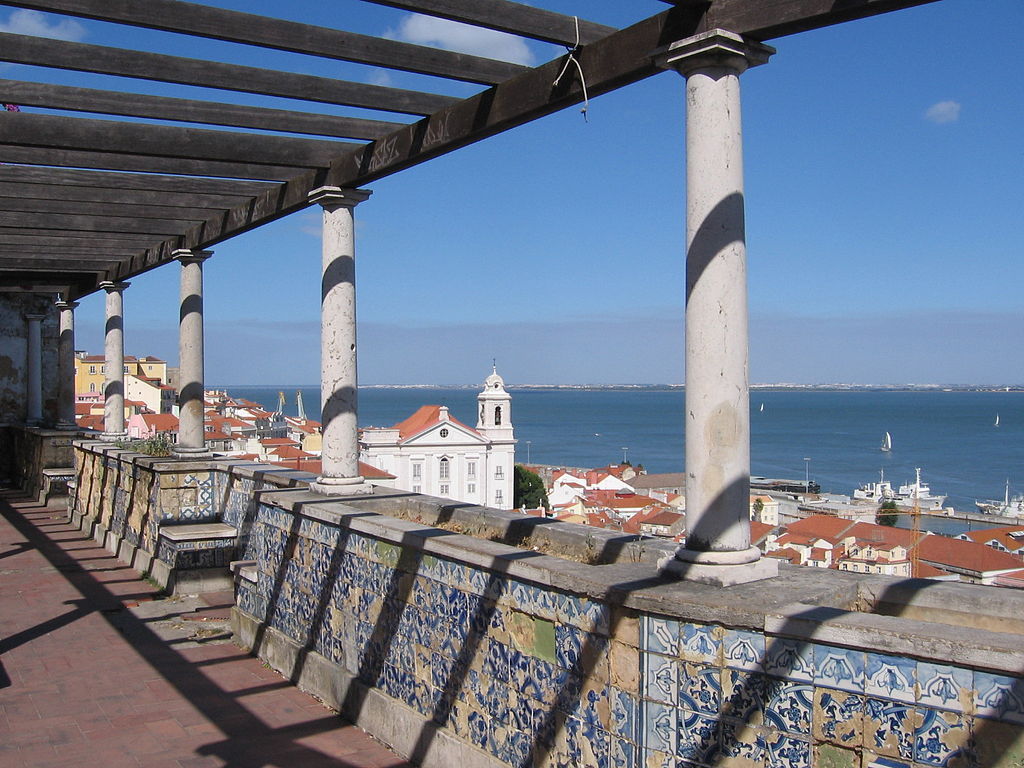
Fans of non-traditional sightseeing can visit places in Lisbon like: Miradouro de São Pedro de Alcântara, Miradouro da Rocha Conde de Óbidos, Miradouro da Senhora do Monte, Miradouro de Santa Luzia, Miradouro da Graça, Miradouro do Largo das Necessidades, and Miradouro do Jardim do Torel.
Lisbon parks that can be visited include Parque da Quinta das Conchas e dos Lilases, Jardim da Estrela, Caixa Geral de Depósitos Garden, and Garden of the Calouste Gulbenkian Foundation.
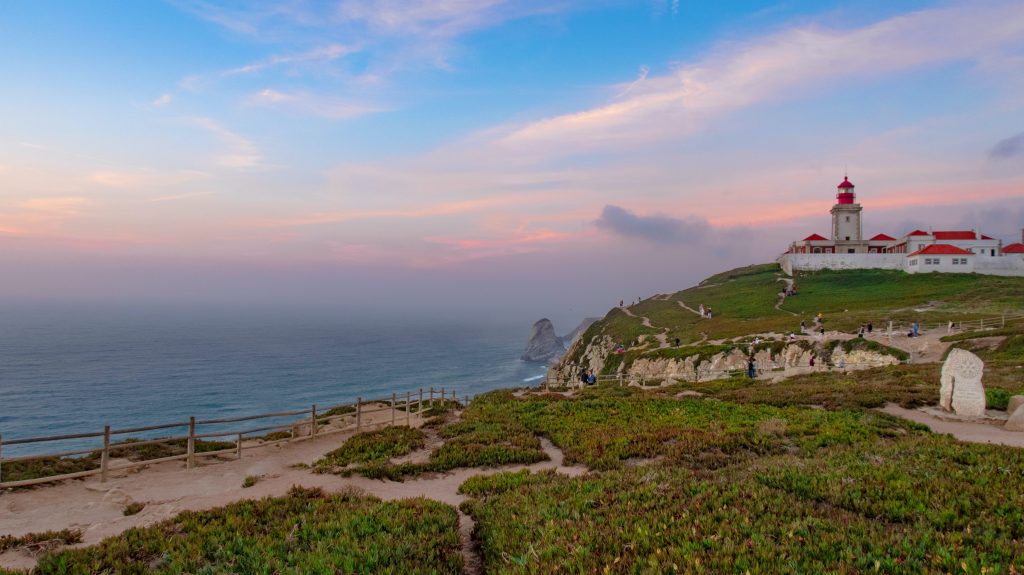
Tourists are advised to check the rules and opening hours before visiting. Answers to frequently asked questions about visiting Portugal can be found on this page or here.
Nightlife
Restaurants are allowed to operate after 8 p.m. to provide dine-in, take-away, or home delivery services. However, they are working at reduced capacity.
Bars, pubs, and coffee shops are mostly closed during the night, but some are open for take-away orders. These include Lisbon’s bars and coffee shops in Parque das Nações, Bairro Alto, Cais do Sodré, and most rooftop restaurants.
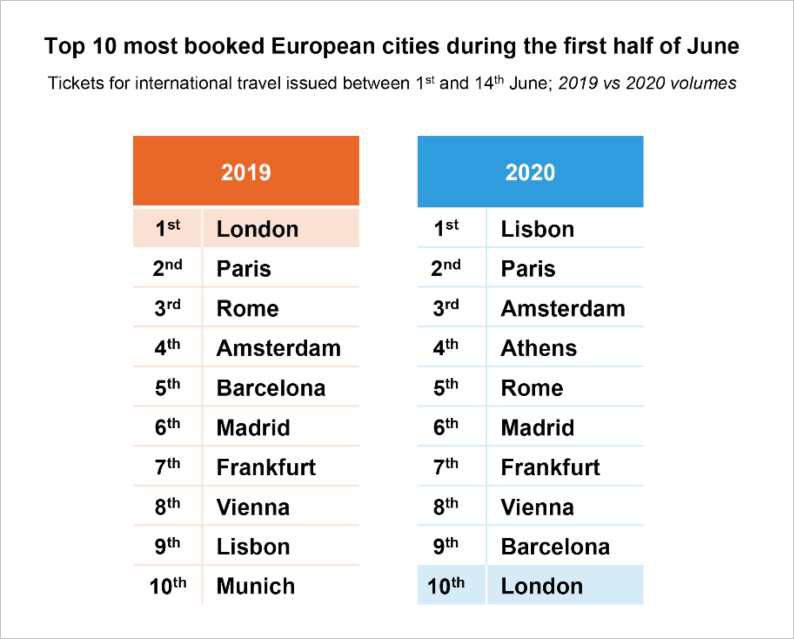
According to joint research by the World Travel and Tourism Council and analyst firm ForwardKeys cited by Euro Weekly News, Lisbon topped the list of the most-booked European cities during the first half of June—compared to the ninth position reached in 2019.
So it seems tourists are eager to throng Portugal’s cobbled streets, sample some of its world-famous culinary delights, and head to seaside destinations that offer ample opportunity for relaxation or adventure.
Let’s hope that the tourism industry in all countries rises from the ashes soon and does not crumble under the weight of skewed information.







